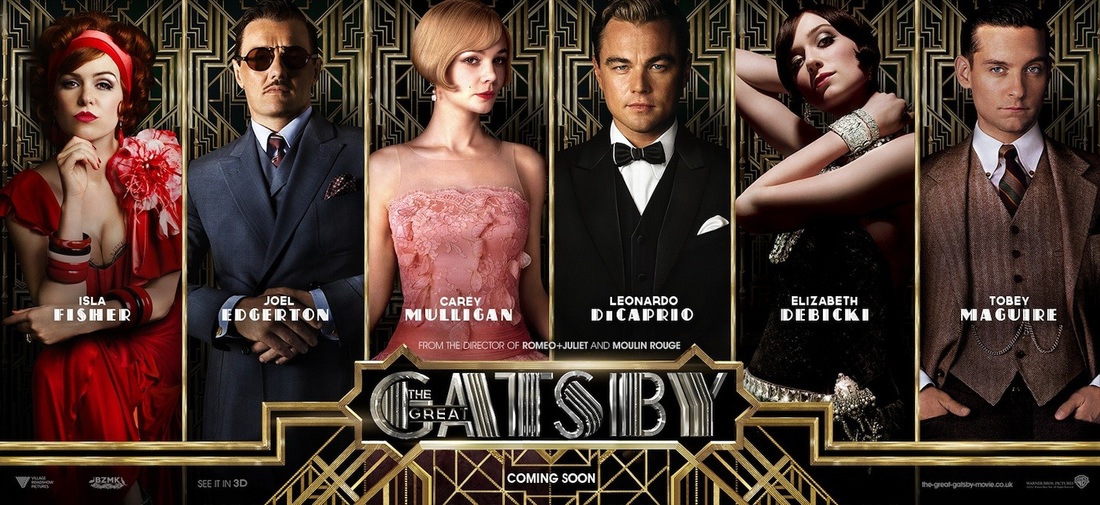|
It's easy to forget, but actors must deliver two performances with each major film or television release. The first performance—the role itself—receives high-profile criticism, as The New York Times, film blogs, podcasters, and latte-sipping Hollywood elites announce their opinions to other similarly pretentious moviegoers. Words like "palpable" and "transporting" lace their conversations, while "seductive" and "spectacle" pepper their reviews. Yet these critics tend to ignore the all-important second performance: off-the-set interviews and late-night television appearances.* A bad film can be excused by an otherwise strong body of cinematic work. Public personas, however, are quickly set in Hollywood stone.
5 Comments
After my first semester of college, I returned home for the holidays, plopping a pile of freshly-graded papers on my parents' kitchen counter. My curious father—a philosophy professor by trade—began reading the piece topping the stack. It was a review of a local Measure for Measure production (if it's still running, don't bother). "This is excellent," he said. "Very clever." Beaming, I began fixing myself a bowl of ice cream. You might have called it a celebration. "Hold on," he said. I turned to find him reading the second paper in the stack, his eyes darting feverishly from line-to-line. "This is not as good," he murmured, his brow rapidly furrowing. "No…this isn't good at all." Ice cream forgotten, I leaned over to see which piece he was scanning. "Ben: this is a philosophy paper. Stop trying so hard to turn it into another play review."
My favorite March Madness column every year is Pat Forde's Best / Worst-Case Scenarios for all 64 Tournament Teams. In that spirit, here are the Wildest Dream and Nightmare scenarios for eight big summer movies.
|
TheCroakingFrog
|



 RSS Feed
RSS Feed
